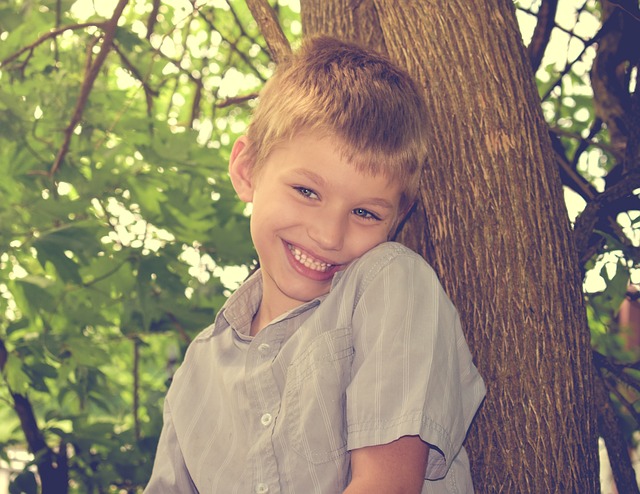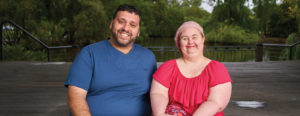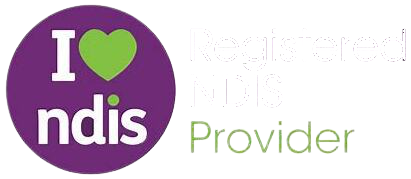Autism
Autism
Autistic Spectrum Disorder (ASD) is a complex lifelong developmental disability that affects the way a child or adult communicates and relates to people around them. The term ‘spectrum’ is used because although there are three main areas of difficulty that affect all people with autism the condition can vary significantly between individuals. Despite these wide-ranging differences, everyone with autism has difficulty in what is known as the ‘triad of impairments’ Autism
These are difficulties with social:
- Communication, such as problems understanding and using both verbal and non-verbal language including gestures and/or tone of voice
- Interaction, such as problems with managing feelings and recognizing and understanding other people’s feelings
- Imagination such as difficulties understanding and predicting other people’s intentions and behavior.
Although these manifest themselves in varying ways and other factors such as sensory sensitivity are also important, behaviors within the triad of impairments are all required for a diagnosis
Within RLC Education Services, each child or young person is seen as an individual and skilled staff start from an understanding of each child’s specific pattern of strengths and needs. For children with autism, this clear focus on the needs of the individual is supported by a thorough understanding of the nature of the difficulties that this group of students has in common and the need for specialized teaching approaches to address these difficulties.
- We support our students with highly trained staff who can provide access to a broad and balanced curriculum appropriate to the individual needs of each young person, from academic to life skills and from social skills to work experience placements.
We understand that for young people with autism, a transition is one of the most difficult times. We offer extensive support for transition into the school and residential placement and this is a key reason why we introduced the My Way transition program which provides long term, bespoke facilitation to plan for and support each young person’s next step back in their home local authority.
Behavior That Challenges
Behavior that challenges is a difficult term to define and is often misunderstood by many. It’s useful to remember that all of us can be challenging towards others at certain times and within certain situations. However, what might distinguish someone who is described as ‘having behaviors that challenge’ from the rest of us is really about characteristics such as ‘frequency’ and ‘intensity’ of behaviors that may pose a significant risk of harm to self or others, or certain types of behavior that may limit or work against the person’s quality of life.



